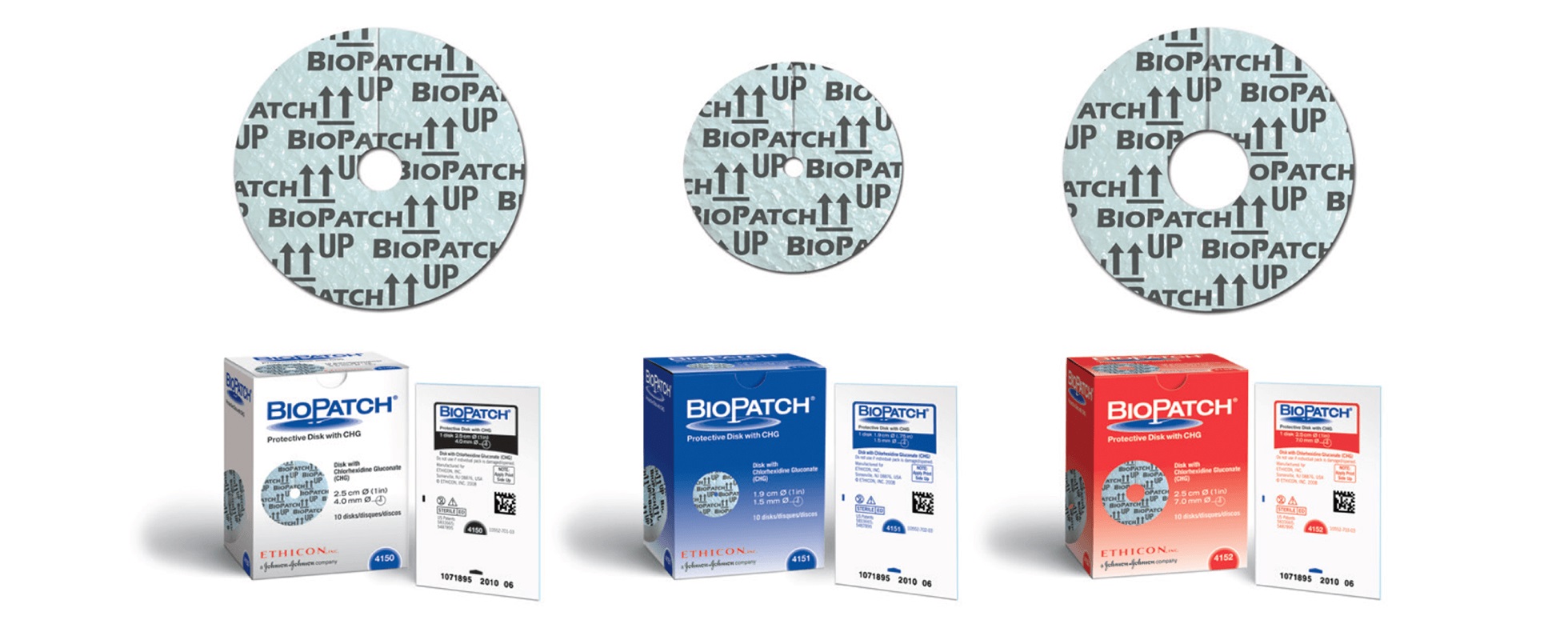Apologies, I re-read your comment, and you are correct
Sorry for getting your Hopes up ![]()
Apologies, I re-read your comment, and you are correct
Sorry for getting your Hopes up ![]()
nah, figured it prolly wasn’t a thing anyways. sounded like weird technomagic to me. thanks anyways tho!
without saying too much, depends on the person i guess. me personally, probably not very often at all, but reading around, i think other people might use this quite often, maybe multiple times a day.
i hope my vagueness isn’t too bothersome, i promise this thing really isn’t all that super interesting, i just don’t want to lose my drive for this.
I was wondering if you could circumvent the issues of transdermal and have a magnetic mount sub dermal and using a form of piercing probe through the skin to the implant underneath.
if i’m reading this correctly, the user would stab themselves every time they needed to use the interface?
i feel like that’d almost certainly damage the implant, or at the very least, its coating, aside from also just being kinda slightly painful. not a completely terrible idea tho, or else i’m just misunderstanding
Basically yes, the implant could have exposed titanium or some other biocompatable conductor. The probe would be in the form of a hypodermic creating a electrical connection through the skin. The magnet will locate the probes befor puncturing the skin.
As for “pain” it would be no worse than a scratch.
My assumption was that this would normally be only done once after healing, for common use this wouldn’t be ideal but would still be better (imo) than a semi permanent hole in the skin.
Another option
Have you looked a choclea implants they use a magnet to locate and a coupled antenna arrangement not too dissimilar to nfc.
cochlears crossed my mind for a brief moment when we were first brainstorming how we might do this, but i figured it was more complicated than i’d like to bother with. this thread’s definitely made the idea seem a lot more appealing tho, so i’ll start digging in that direction. thanks!
Apply enough voltage to the cochlears and you will be brainstorming - and the cochlear might literally cross your mind also ![]()
I mean, it isn’t a bad idea depending on what it is you are using it for, they have medical devices like this already.
Yep, blood sugar monitors and insulin pumps pop to mind to.
Saw a ad for these, they only have a life of 14 days but if be curious how they prevent infection
In a word, glue. There is medical skin glue that is more like rubber cement. I’ve tested 7 different types that are all designed to keep devices attached or connected to skin in some way. Some last only a few days while some can last up to a few weeks… but they all eventually come loose after the skin underneath grows enough to slough off the glue along with the dead skin cells. When you have a device with a 2 week lifespan, you prep the skin with disinfectant, then present the sterilized interface through the skin, with the external side fully encircled by sterile glue (like on adhesive bandages is sterile along with the gauze pad).
Long term lines that we put in patients in the hospital usually get these around the insertion site,

With that said, 14 days is long for some of these lines, and they get replaced due to infection.
Sometimes the trade off is we can fight the infection, and keep the site open for other stuff.
To be honest though, most are showing signs of infection after like 3 days.
Those lines take a whole lot more abuse usually though dont they?